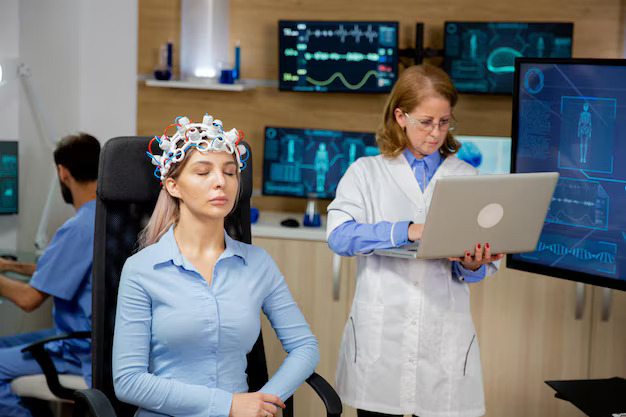Deloitte: 75% of Healthcare Leaders Are Scaling Generative AI to Transform Care and Operations
Deloitte: 75% of healthcare leaders scaling Generative AI to transform care & operations


The healthcare industry stands at an inflection point. While Deloitte's landmark finding that 75% of leading healthcare companies are experimenting with or planning to scale Generative AI across the enterprise might sound like another tech trend, the reality reveals a fundamental transformation reshaping how medical organizations operate, diagnose, and deliver care.
McKinsey: How AI in Healthcare Can Improve Consumer Experiences. Read more here!

The Scale of Healthcare AI Adoption
Deloitte's comprehensive 2024 Life Sciences and Health Care Generative AI Outlook Survey illuminates the velocity of AI in healthcare adoption with unprecedented detail. Beyond the headline statistic of 75% adoption, the research reveals that 82% of healthcare organizations have implemented or plan to implement governance and oversight structures for Generative AI, while a striking 92% of leaders see promise in improving operational efficiencies and 65% recognize its potential for enabling quicker decision-making.
The financial commitment reflects measurable returns across multiple metrics:
- 60% of healthcare leaders who have implemented Generative AI solutions are either already seeing positive ROI or expect to do so soon
- The global AI in healthcare market reached $32.34 billion in 2024 and is projected to reach $431.05 billion by 2032
- AI in Business applications could save the healthcare industry between $200 billion and $300 billion annually by streamlining processes and eliminating inefficiencies. This corresponds to 5-10% of total healthcare spending being optimized through AI implementation
These adoption figures show momentum, but the real question is: what does this look like in practice for healthcare organizations on the ground?
Current Implementation Status Across Healthcare Organizations
The adoption landscape reveals varying stages of maturity:
- 46% of U.S. healthcare organizations are in the initial production implementation of Generative AI
- 40% of U.S. physicians are ready to use Generative AI when interacting with patients at the point-of-care
- Over 10% of healthcare professionals in the U.S. currently use AI, with nearly 50% planning future adoption
Adoption is no longer theoretical—it’s happening at the physician’s desk, in the hospital, and across healthcare networks. To understand the true impact, we need to look at how AI is already transforming day-to-day operations.
Real-World Applications Transforming Healthcare Operations
Clinical Documentation and Workflow Optimization
Modern Healthcare organizations are deploying sophisticated AI systems that extend far beyond simple automation. Microsoft's Dragon Copilot exemplifies this evolution, enabling clinicians to create accurate, real-time clinical notes during patient interactions through natural language processing and ambient listening technologies. This reduces administrative burdens that currently consume over 60% of nurses' time, allowing only 21% for direct patient care.
The documentation transformation includes:
- Automated generation of structured documents like referrals and progress notes
- Real-time analysis of doctor-patient conversations to generate operative reports with significantly fewer discrepancies (29% vs. 53%) than manual documentation
- AI-powered summarization of complex medical literature for clinicians integrated directly into clinical workflows
Beyond documentation, Generative AI is proving critical in helping clinicians anticipate problems before they arise.
Predictive Analytics and Risk Prevention
AI algorithms now analyze real-time data from wearable devices and sensors to identify subtle changes in patient health status. The precision is remarkable:
- AI models predict heart failure incidents with 87% accuracy
- Remote patient monitoring powered by AI reduces hospitalizations by 38% and emergency department visits by 51%
- Generative AI can predict mortality risk of hospitalized patients, enabling clinicians to identify high-risk individuals and tailor interventions accordingly
- AI-driven risk stratification allows for proactive management of high-risk patients, with some systems achieving 90% sensitivity in detecting breast cancer masses
Predictive insights are powerful, but AI is also rewriting the rules of pharmaceutical innovation, where time and cost have always been major barriers.
Drug Discovery and Development Revolution
Generative AI's impact on pharmaceutical development represents one of the most significant applications:
- AI can reduce drug discovery costs and time by 20-30% through accelerated compound design and virtual testing
- By 2030, AI is anticipated to be integrated into 60-70% of clinical trials, saving the pharmaceutical industry $20-30 billion annually
- AI algorithms can simulate drug compounds in virtual environments, rapidly validating candidates without physical manufacturing
To enable these breakthroughs, healthcare providers and pharma leaders are also rethinking the infrastructure and models powering AI adoption.
Conversational AI for Remote Patient Monitoring in Chronic Care. More here!

Infrastructure and Technology Implementation
The Evolution Beyond Traditional LLMs
Healthcare organizations are moving beyond general-purpose Large Language Model systems toward specialized architectures:
- Over 75% of organizations are choosing smaller open-source models customized for specific use cases rather than relying solely on foundation models
- Large Action Models (LAMs) extend traditional LLM capabilities by executing tasks within real-world systems like EHRs, lab platforms, and insurance workflows
- AI servers now account for close to 60% of hyperscalers' total server spending, reflecting infrastructure demands
At the same time, multimodal AI is opening new possibilities for organizations looking to combine text, images, voice, and video into a single intelligent workflow.
Multimodal AI Integration
Enterprise AI deployments increasingly incorporate multimodal capabilities:
- Google's Project Astra and OpenAI's GPT-4 Omni demonstrate AI systems that process text, voice, images, and video simultaneously
- Multimodal Generative AI enables "train once, run anywhere" approaches where models trained on text can deliver answers in pictures, video, or sound
- Supply chain optimization benefits from multimodal AI trained on sensor data, maintenance logs, and warehouse images to recommend optimal stock quantities
With this infrastructure in place, measurable clinical and operational outcomes are already being realized.
Measurable Clinical and Operational Outcomes
Diagnostic Accuracy Improvements
Clinical applications demonstrate significant performance enhancements:
- An AI algorithm analyzing mammograms achieved a 9.4% increase in breast cancer detection compared to human radiographers
- The same system reduced false-positive diagnoses by 5.7%
- AI-powered diagnostic screening tools like AEYE Health's system can analyze retinal images and provide diagnoses in under one minute
- PathAI's AI-assisted pathology tools improve diagnostic accuracy while reducing turnaround times for cancer detection
The benefits are not limited to the clinical side—AI is equally impactful in streamlining healthcare administration.
Administrative Efficiency Gains
The operational impact extends across healthcare administration:
- AI automates scheduling, billing, and medical coding, potentially saving $150 billion annually through reduced manual labor and minimized errors
- Healthcare claims for AI-supported remote patient monitoring procedures have increased by 1,300%
- Prior authorization processes, which cause delays for 86% of doctors, can be streamlined through AI that pre-fills forms using EHR data and follows up automatically
These efficiencies directly affect staff workloads, where AI is beginning to play a critical role in addressing healthcare’s workforce challenges.
Workforce Enhancement
AI in Business applications address critical staffing challenges:
- Healthcare faces a projected shortage of 10 million health workers by 2030, with 87% of providers citing staffing shortages as their top challenge
- Generative AI could augment up to 40% of healthcare working hours, allowing clinicians to focus on higher-value patient care tasks
- 94% of clinicians believe AI will enhance productivity and efficiency, enabling them to provide better care
Thus,
Deloitte's finding that 75% of leading healthcare companies are scaling Generative AI represents more than an adoption statistic—it signals a fundamental transformation in healthcare delivery.
Organizations implementing Enterprise AI solutions today are positioning themselves for a future where predictive, personalized, and increasingly autonomous care becomes the standard. The convergence of Modern Healthcare needs with advanced AI in Business applications creates unprecedented opportunities for improving patient outcomes while optimizing operational efficiency.
The healthcare industry's embrace of Generative AI reflects recognition that these technologies have evolved from experimental tools to operational necessities. Organizations that master this transition will define the future of healthcare delivery, while those that lag risk obsolescence in an increasingly AI-driven medical landscape.
Showcasing Korea’s AI Innovation: Makebot’s HybridRAG Framework Presented at SIGIR 2025 in Italy. More here!
From AI Potential to Real Healthcare Impact with Makebot
The healthcare industry is proving that Generative AI isn’t just a futuristic promise—it’s a present necessity. Yet, while most organizations are piloting AI, few are translating it into measurable results at scale.
This is where Makebot bridges the gap. We go beyond technology delivery, providing industry-specific LLM agents and end-to-end AI solutions tailored to your business strategy and goals.
Why Choose Makebot?
- Industry-Specific LLM Agents: From healthcare agents used by leading hospitals like Seoul National University Hospital and Gangnam Severance Hospital, to solutions for finance, retail, and the public sector, Makebot delivers customized AI you can trust.
- Ready-to-Deploy AI Solutions: Upgrade or replace your chatbot with BotGrade, enhance customer service with MagicTalk, process complex data with MagicSearch, or automate 24/7 voice consultations through MagicVoice.
- Rapid PoC to Deployment: Quickly transform ideas into proof of concept and scale to production—maximizing adoption speed and ROI.
- Global-Verified Technology: With HybridRAG, presented at SIGIR 2025, Makebot achieved a 26.6% accuracy improvement and up to 90% cost reduction, setting new global benchmarks. Backed by multiple LLM/RAG patents and trusted by over 1,000 enterprises, we deliver stability and proven impact.
Generative AI is no longer just an innovation—it’s a core growth engine. With Makebot, you can move strategically from exploration to execution and turn AI potential into measurable business results.
👉 Start your AI journey today: www.makebot.ai
📩 Contact us at b2b@makebot.ai to discuss how we can help you lead the AI shift.

Studies Reveal Generative AI Enhances Physician-Patient Communication


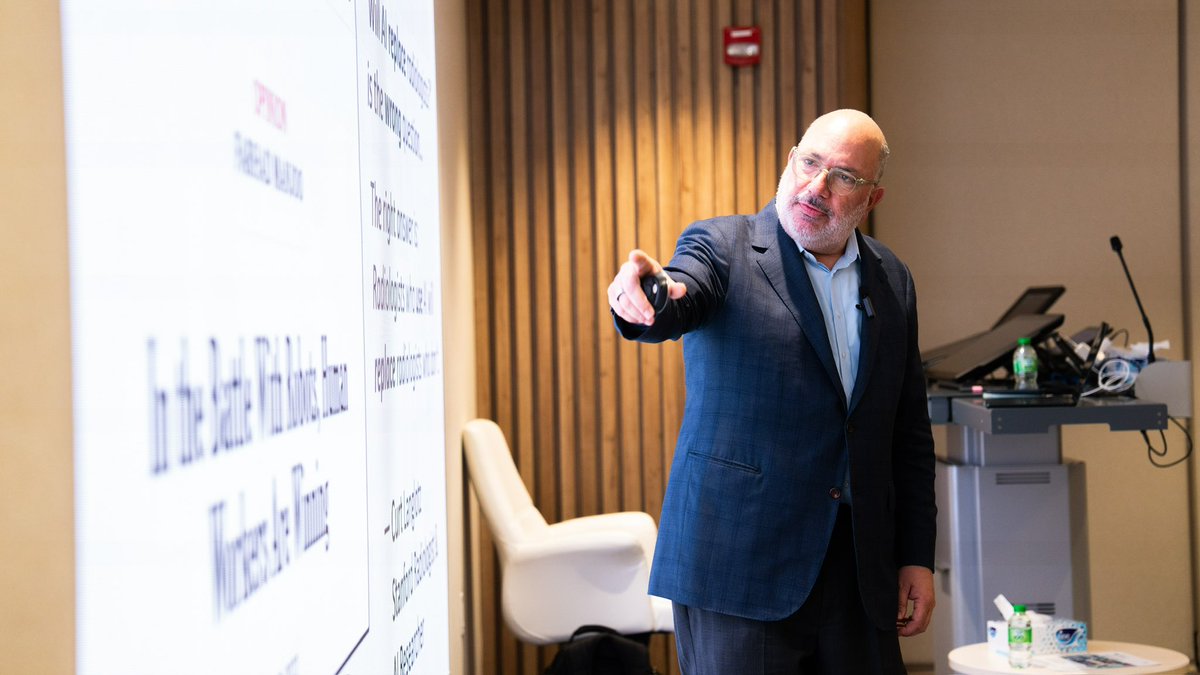
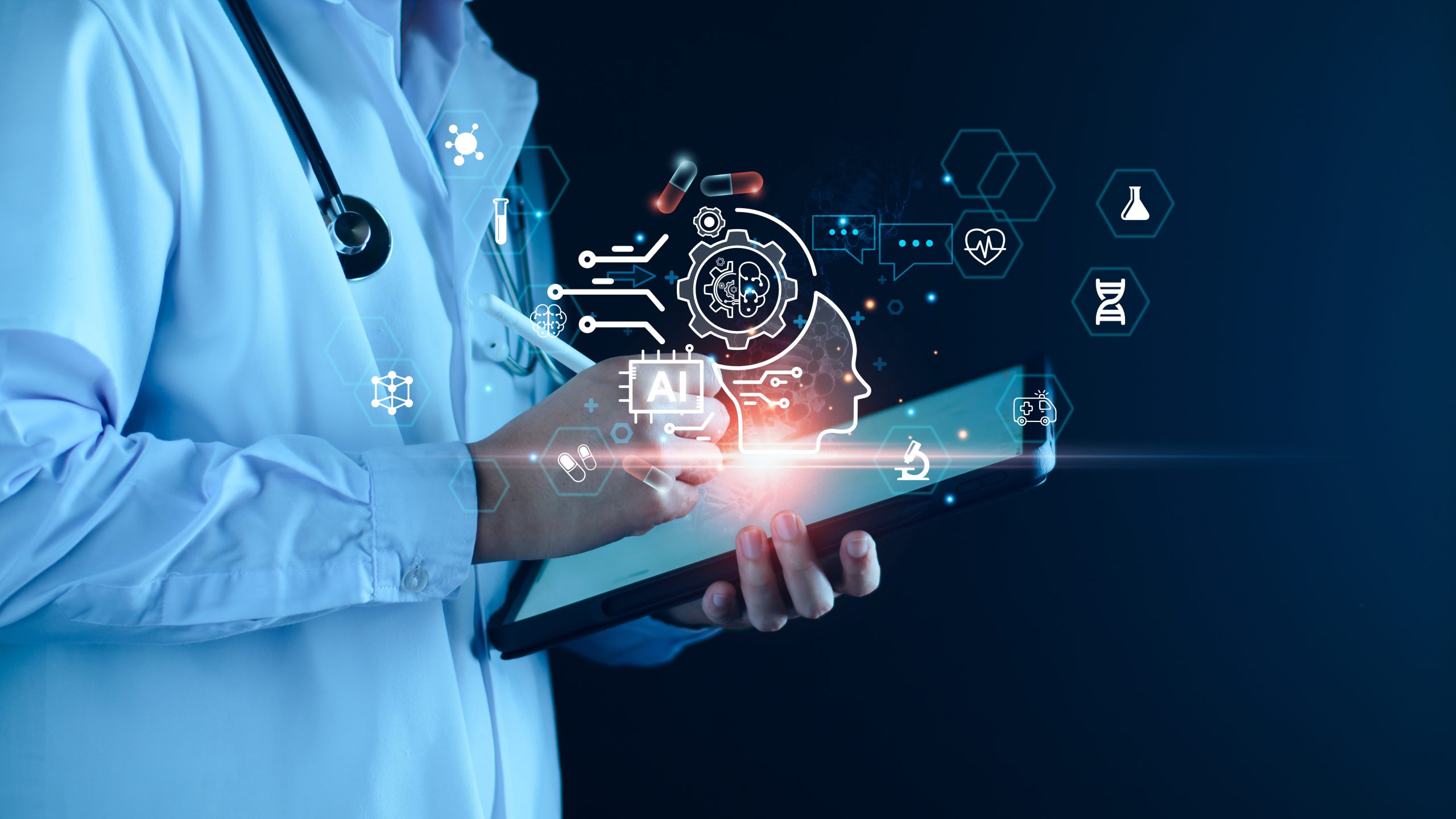
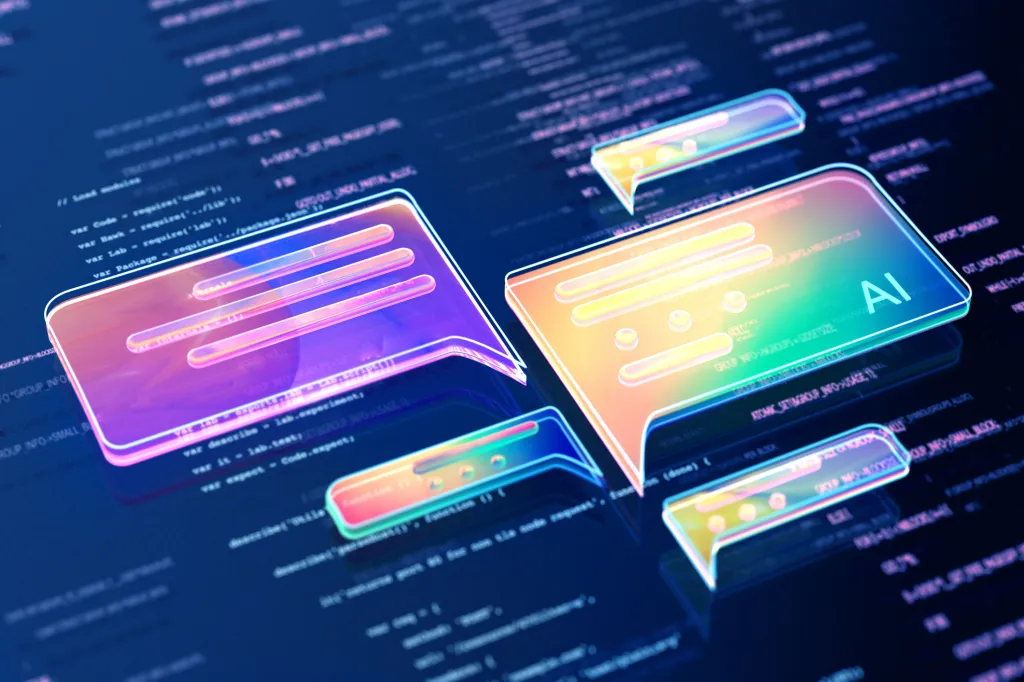



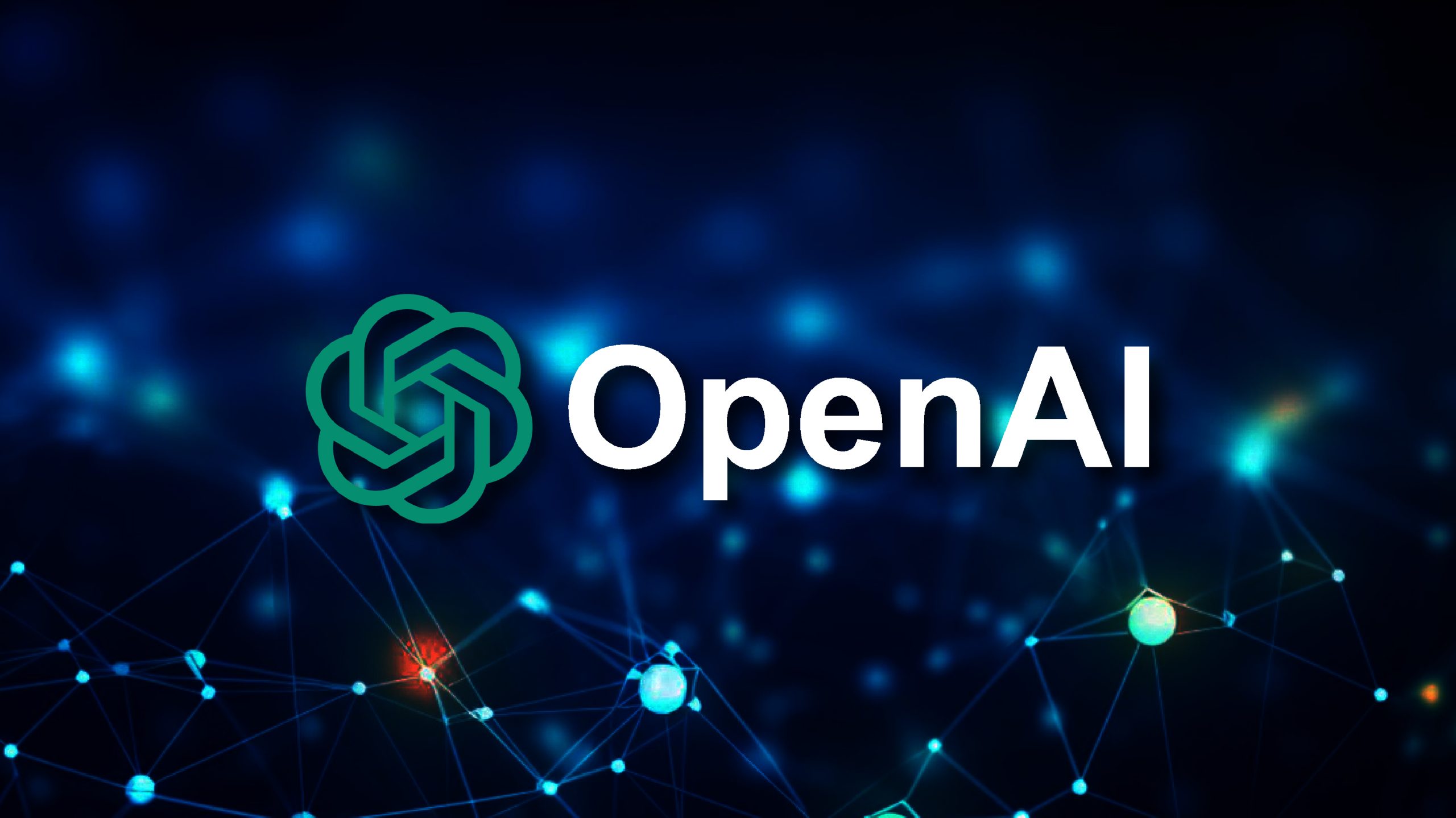



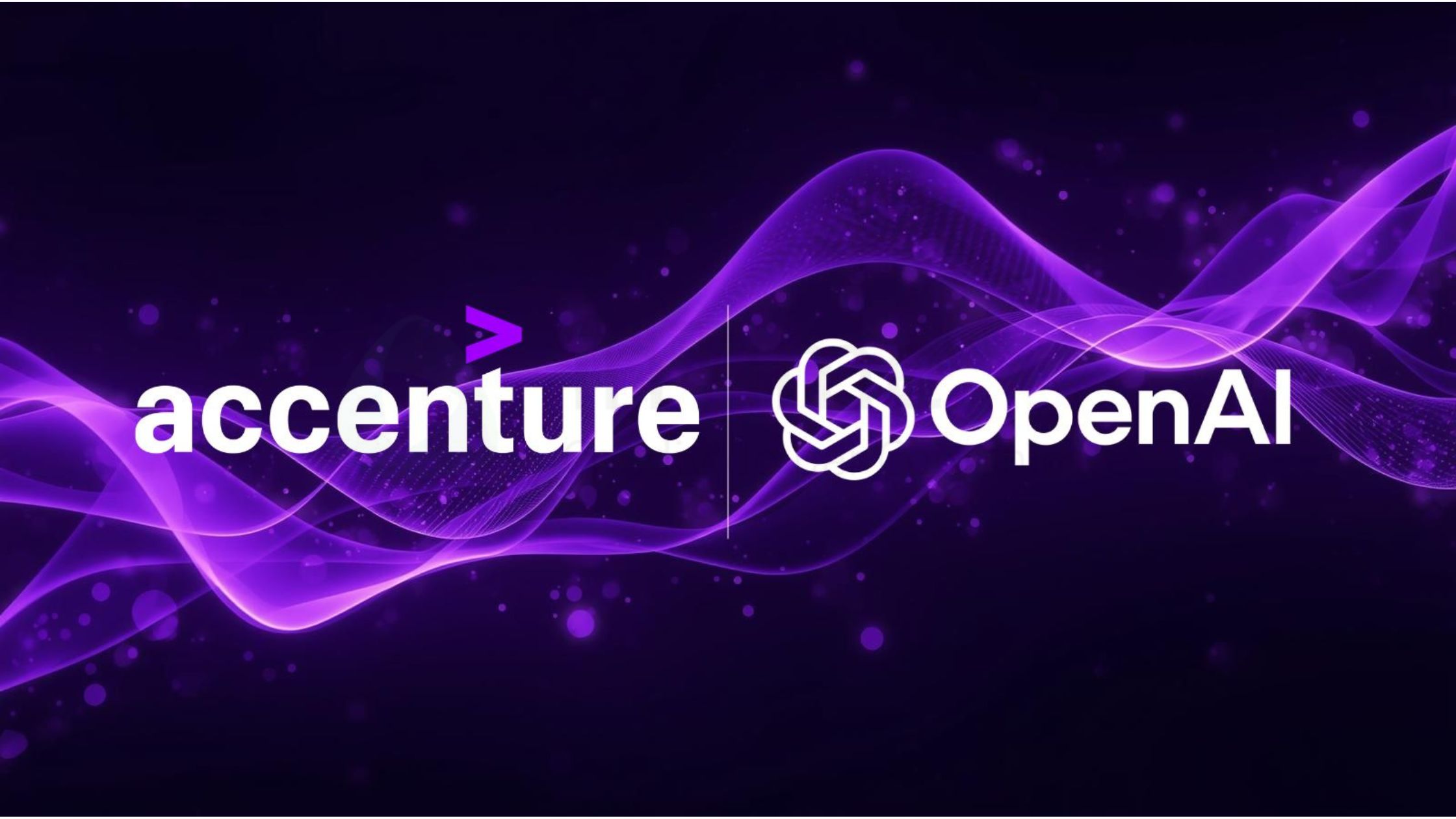
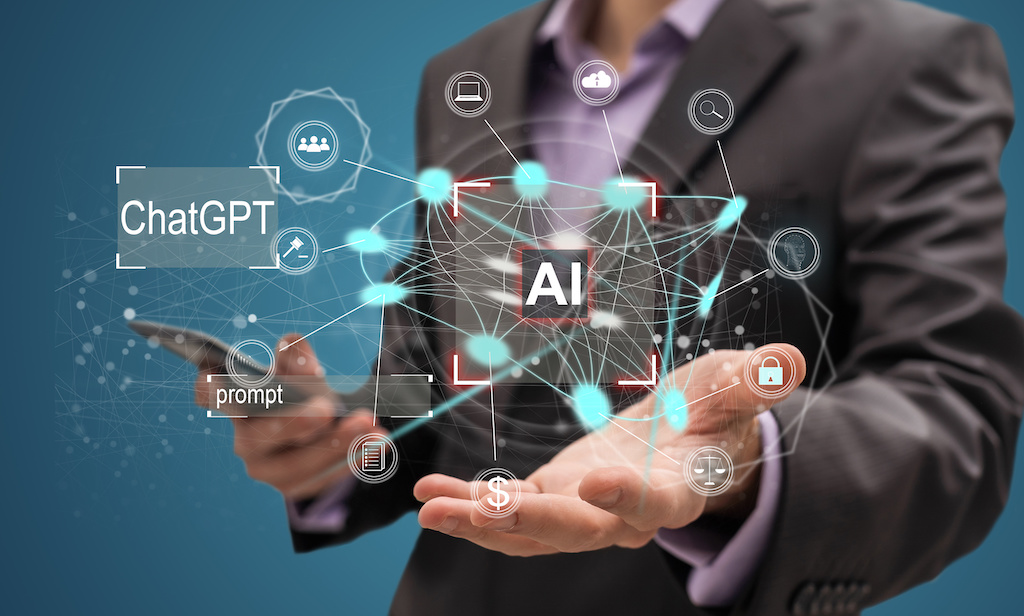


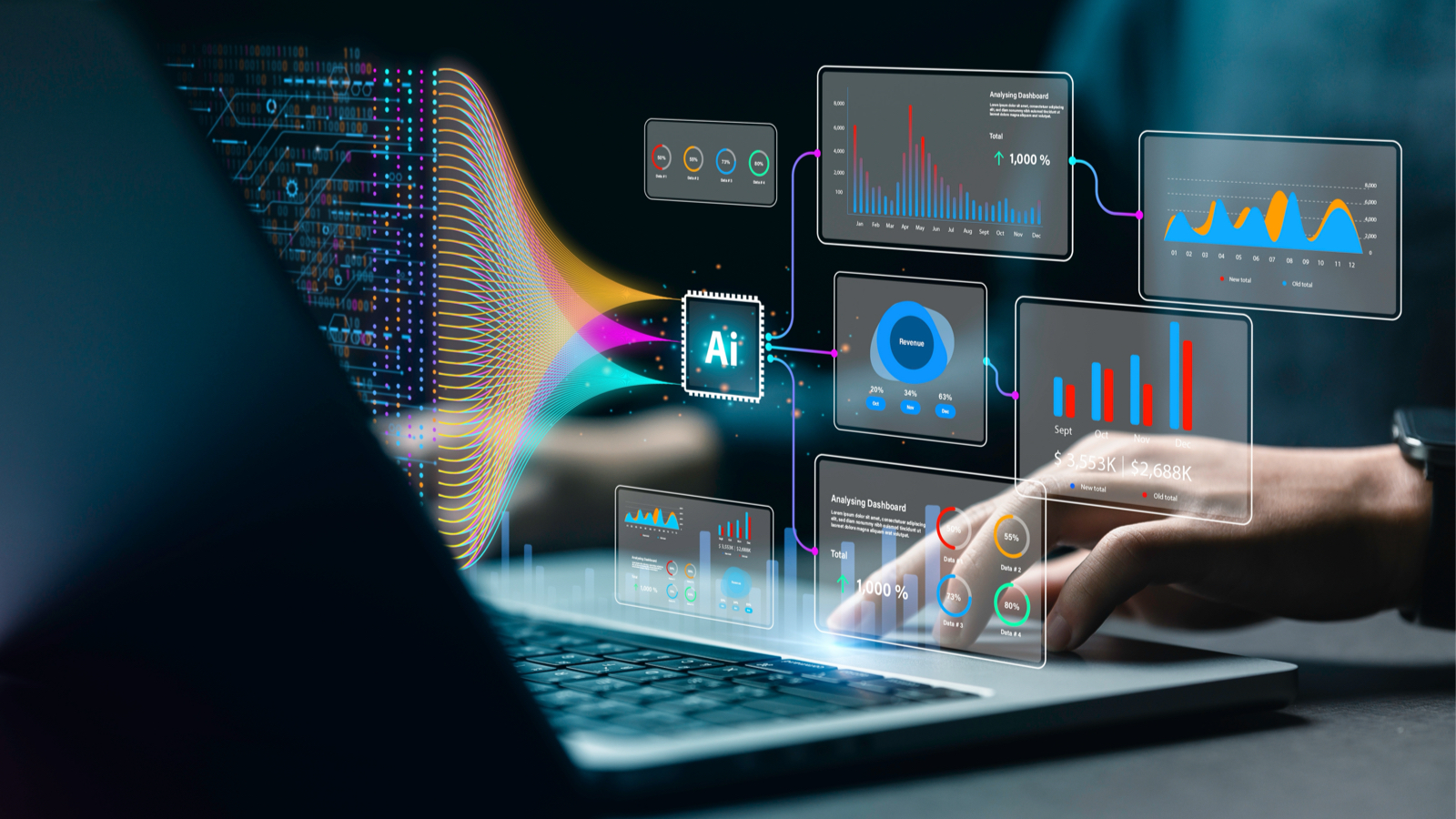






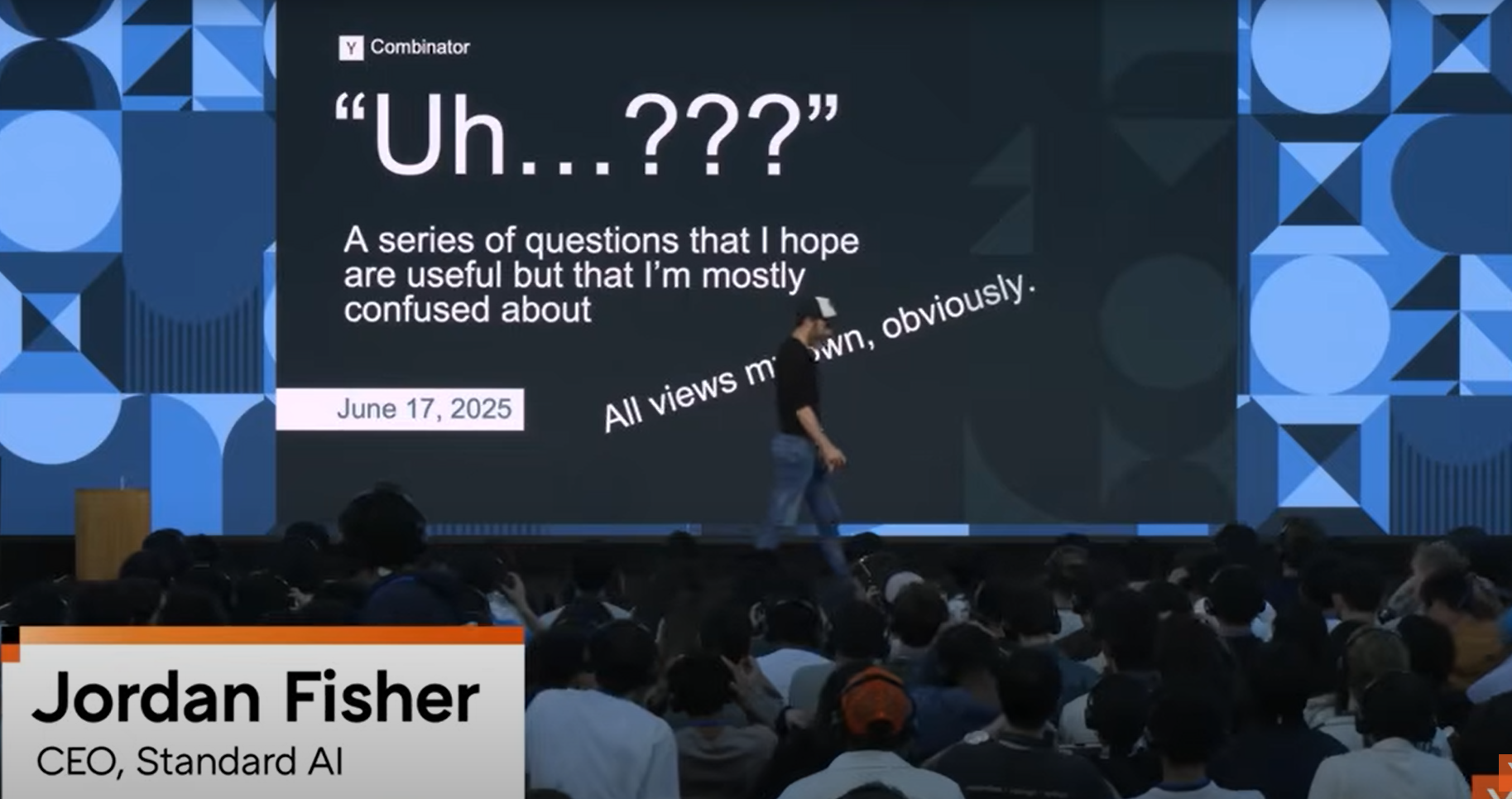




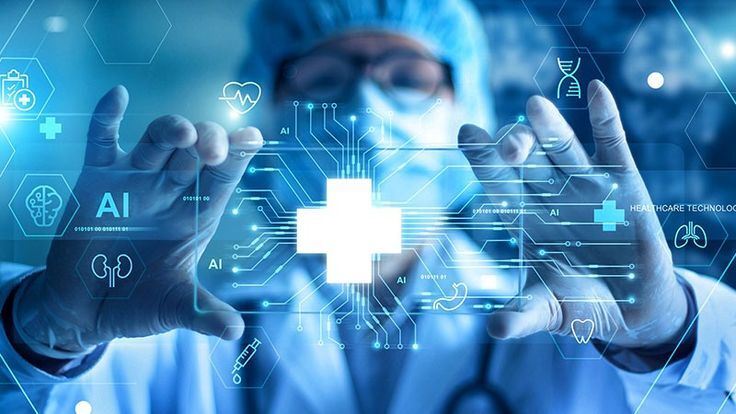

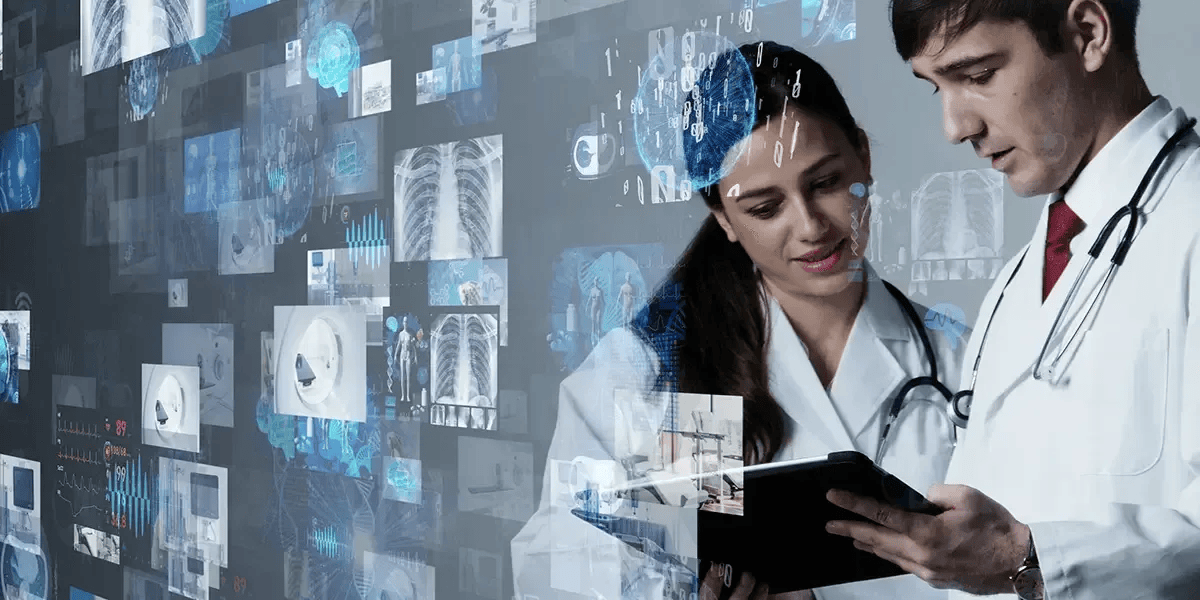


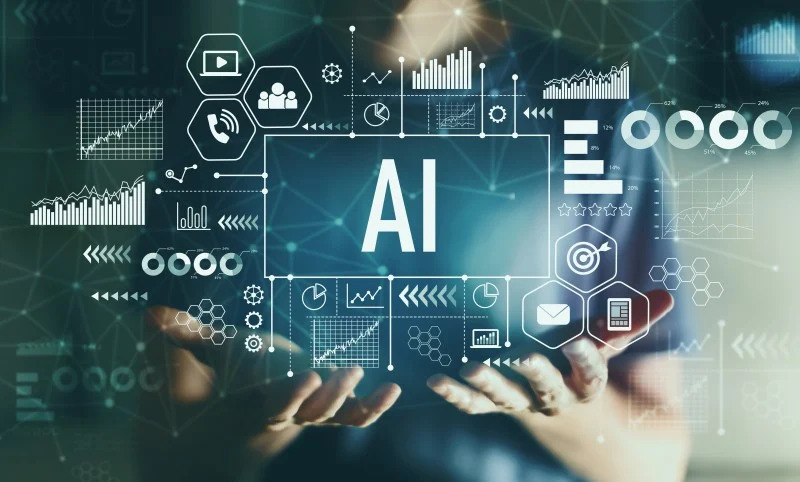









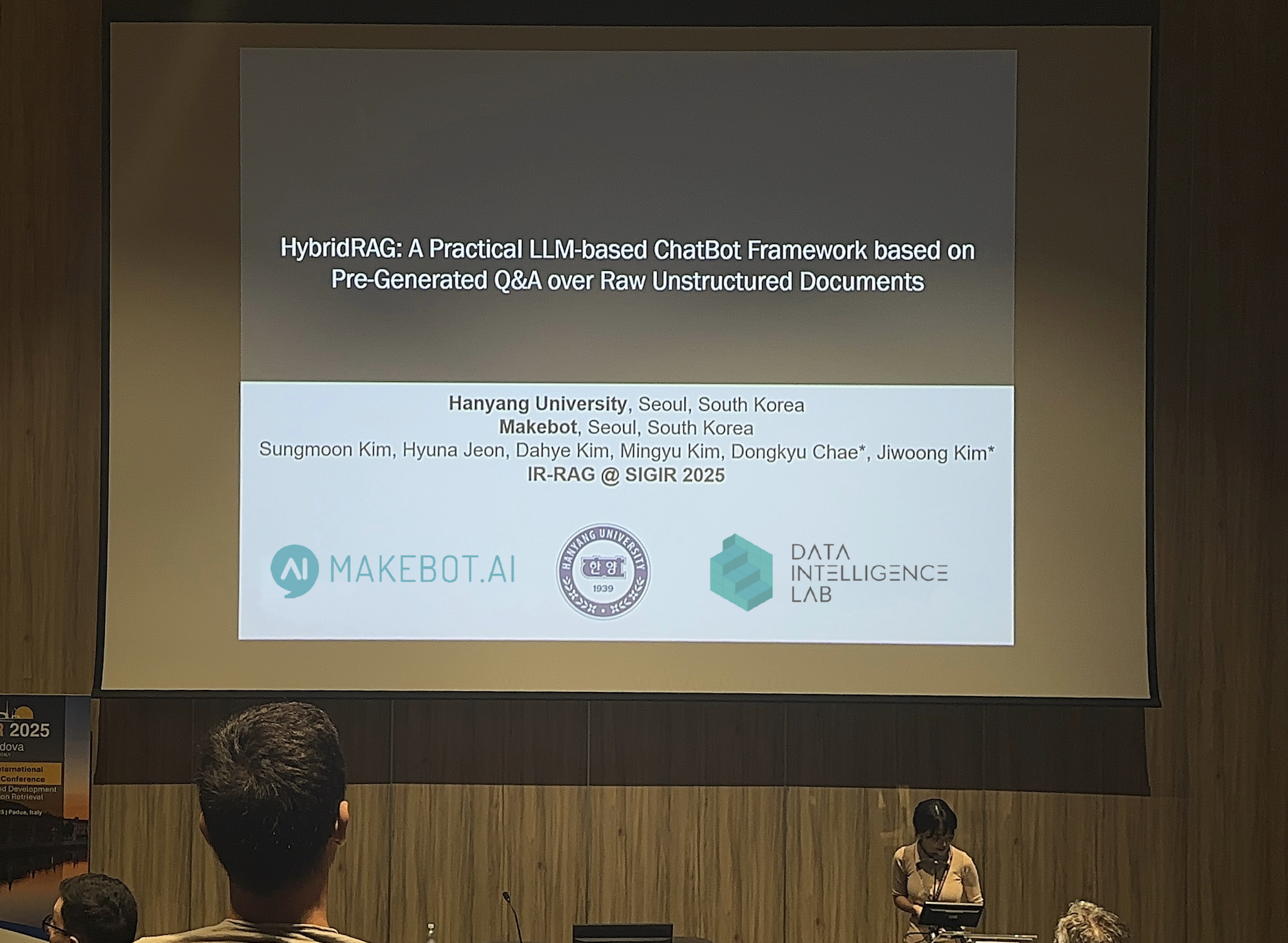









_2.png)












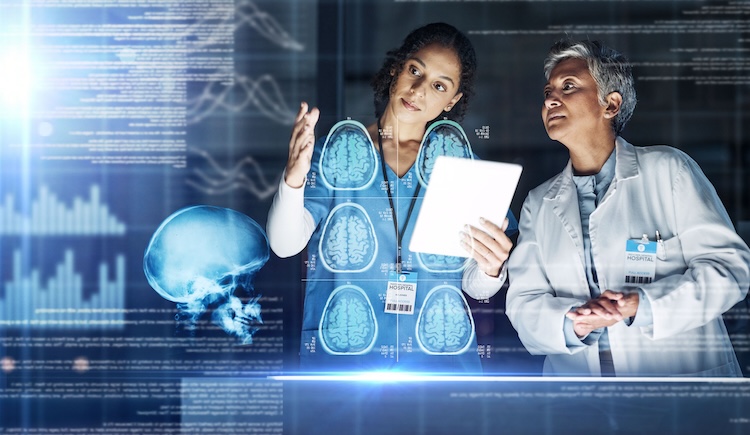





.jpg)













